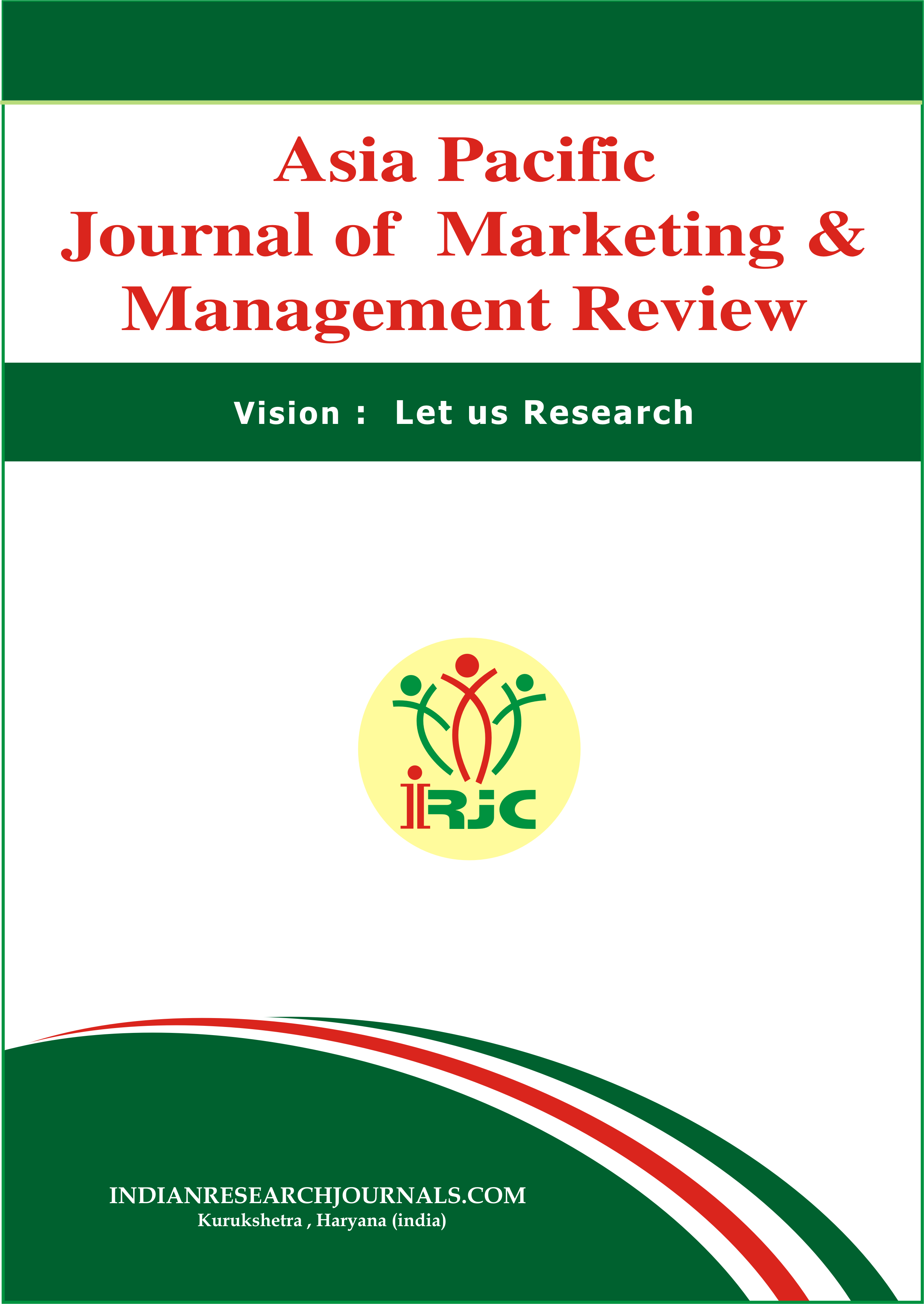SPECIFIC FACTORS AND FEATURES OF CLASSROOM INVESTIGATION
Keywords:
classroom investigation, acquisition, effectiveness, incorporation, cultural background.Abstract
This article is devoted to the problems of teaching English and the importance of classroom investigation. This article mainly focuses on using effective classroom activities, materials of the lesson, the role of teachers and students in classroom investigation.
References
Atkinson, D. (1987). The mother-tongue in the classroom: a neglected resource?. ELT Journal, 41(4), 241-247.
Butzkamm, W. (2003). We only learn language once. The role of the mother tongue in FL classrooms: death of a dogma. Language Learning Journal, 28(1), 29–39.
Butzkamm, W. (2017). Monolingual principle. M. Byram & A. Hu (Ed.). Routledge Encyclopedia of Language Teaching and Learning. (471-474).
Brophy, J. & McCaslin, M. (1992). Teachers reports of how they perceive and cope with problem students. The Elementary School Journal, 93, 3-68.
Brown, H. D. (2001). (2nd ed). Teaching by principles: An interactive approach to language pedagogy. White Plains: NY: Pearson Education.
Downloads
Published
Issue
Section
License
Copyright (c) 2022 GEJournasl

This work is licensed under a Creative Commons Attribution-NonCommercial-NoDerivatives 4.0 International License.





